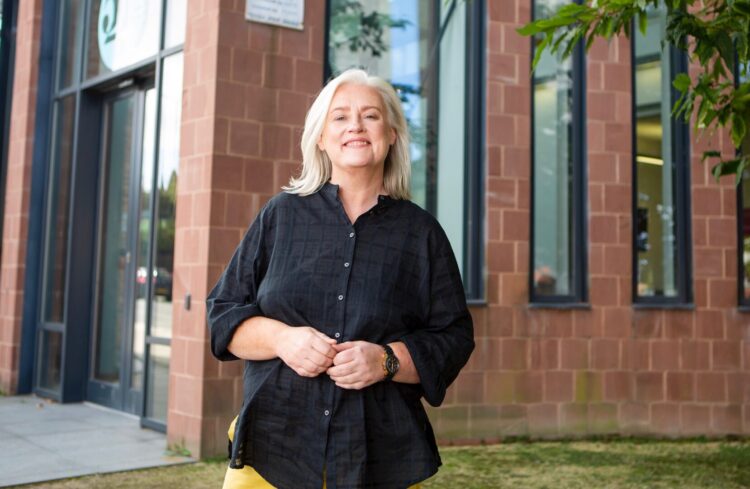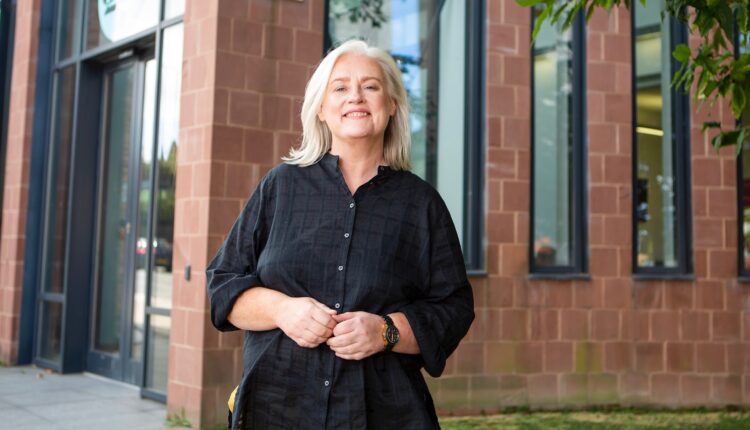‘Female entrepreneurs hold key to UK recovery’
With the International Monetary Fund predicting the UK economy will contract in 2023, Liverpool business leader Maggie O’Carroll urges Government to invest in female entrepreneurs. Tony McDonough reports

Female entrepreneurs hold the key to pulling the UK out of its economic slump, a Liverpool business leader says.
In the last few days the International Monetary Fund has predicted the UK economy will contract by 0.6% in 2023. Businesses are being hampered by the rising cost of energy and raw materials adding to the long-term problem of low productivity.
However, Professor Maggie O’Carroll, chief executive of leading UK social enterprise, The Women’s Organisation, said the country is failing to make the most of the dynamism and potential of its army of female entrepreneurs.
In 2019, Liverpool-based The Women’s Organisation contributed to The Rose Report. It estimated underrepresentation of female business owners equating to a potential loss of £250bn to the UK economy.
According to research published by the UK Government in March 2022, 5.13m women (24.7%) between the ages of 16 and 64 were classed as economically inactive from October to December 2021.
These figures appear stark in comparison to the 3.64m men (17.7%) who were classed as economically inactive within the same time period.
As the impacts of COVID-19 still linger, the 2022 Rose Review highlighted that female entrepreneurs with dependents are 62% less likely to have had their businesses recover from the pandemic.
Prof O’Carroll said: “Now more than ever, women need avenues of support to help break down personal and financial barriers to starting, or scaling, their businesses.
“The current system is not fit for purpose and does not provide balanced access to entrepreneurship for all – particularly for under-represented groups.
“There are multiple barriers in place keeping women, and other minorities, economically inactive. Women, in particular, are less likely to seek formal funding, and those from BAME backgrounds face even greater barriers to financial backing.”

